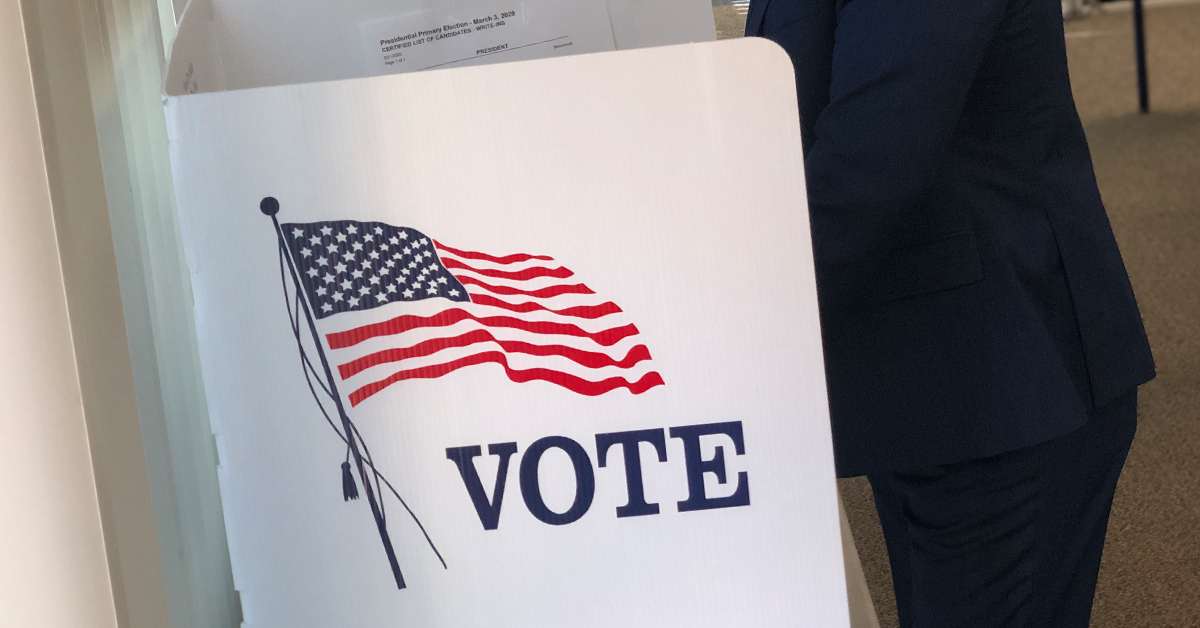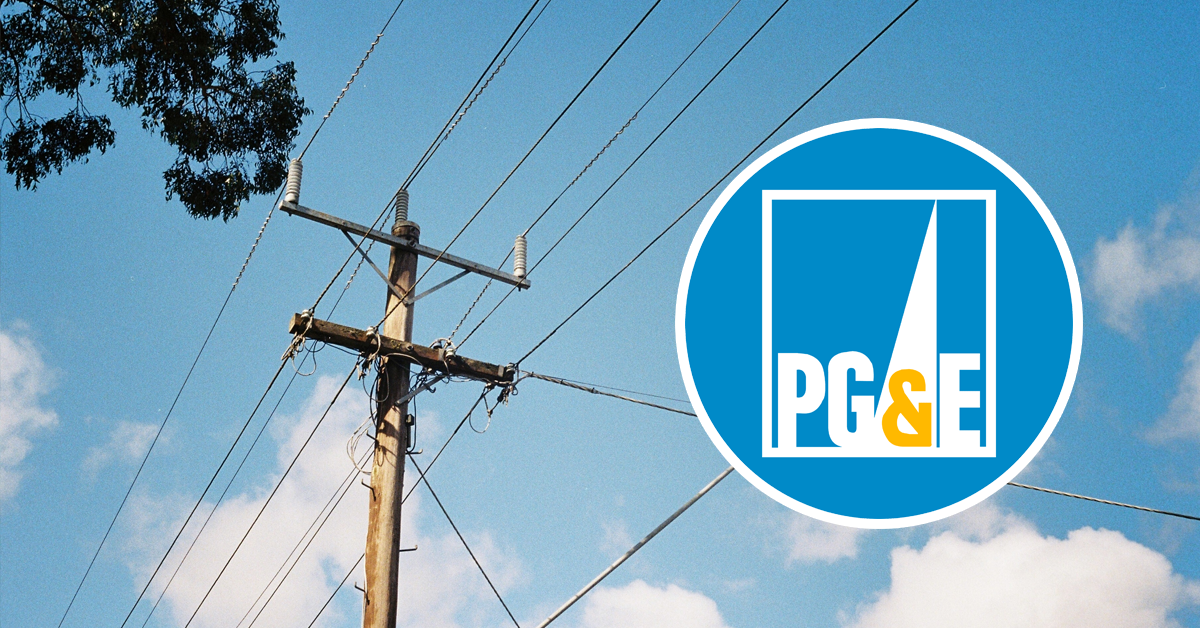As PG&E faces pushback from local municipalities over rising energy rates, another Valley community is plowing ahead with a study into alternative energy provider options.
Despite dipping a toe in the water of shaking up the residential energy market, the City of Bakersfield is entering an upcoming study fully aware of the benefits and drawbacks of one key option.
Driving the news: Bakersfield lawmakers voted to study the feasibility of creating or joining an electricity retailer called a community choice aggregation (CCA) to gain greater local control over where residents and businesses get their power from and how much they pay for it.
- CCAs have won over 200 cities and 20 counties around California but present significant risks as well as benefits, with no promise they will match the prices already offered locally by Pacific Gas and Electric Co. (PG&E).
- Savings relative to PG&E’s rates can be expected to range between 2% and 9% — at least for a CCA’s minority portion of a customer’s total electric bill.
- Customers would still be subject to tier-based pricing, in which their price per unit of energy increases along with consumption. PG&E’s low-income and medical-based discounts would remain, though incentive programs like peak-day pricing would not.
- The feasibility study is expected to cost about $50,000, which city staff said will be paid out of the city’s general fund. The report is expected to be ready in four to six months. Setting up a CCA for Bakersfield would take an estimated 18 months to two years.
- The City of Fresno, whose Mayor has led a public war of words with the state’s largest investor-owned utility, sought to initiate a study for a wider array of options – from CCA to outright municipalization of power service.
- Fresno is expected to reconsider initiating the study, which is expected to cost taxpayers more than $250,000.
A mixed record: CCA’s results have varied since the state Legislature passed a law in 2002 spelling out how they’re formed and operated. They can save ratepayers money, and often do, but supporters say that’s less of a driving factor than the flexibility CCAs offer for investing more heavily in renewable energy.
- Residents are automatically enrolled if their city adopts a CCA — but they’re allowed to opt out and rejoin their old utility if rates go too high, for example.
- Big decisions would be made by a local commission or board, perhaps the City Council. The CCA would function with greater independence than a municipal utility. In principle, the city’s general fund would not be liable for the organization’s financial performance.
- If Bakersfield ultimately goes with a CCA, San Francisco-based PG&E would continue to handle billing and charge local customers for power transmission and distribution. On top of that comes their share of the electricity generation the company has already contracted on their behalf years into the future, which is typically a considerable share of the monthly bill.
- CCAs weaknesses , as illustrated by Riverside County-based Western Community Energy, hewing too heavily toward maintaining customer savings may risk the provider’s ability to weather energy price shocks.
- Along with high delinquencies during the coronavirus pandemic, WCE failed to raise its rates quickly enough to keep up with its own costs — owing to the fact that it sought to undercut the pricing of its for-profit competition.
What they’re saying: Following presentations from California-based CCA advocate The Climate Center, Bakersfield City Councilman Bruce Freeman said that he would closely evaluate the study before initiating any decision on initiating a new energy option, alleging that some elements of the pitch were “borderline misleading.”
- “If we did this and it goofs up, that would be a black eye for the City Council and the city manager,” Freeman said, per The Bakersfield Californian.










